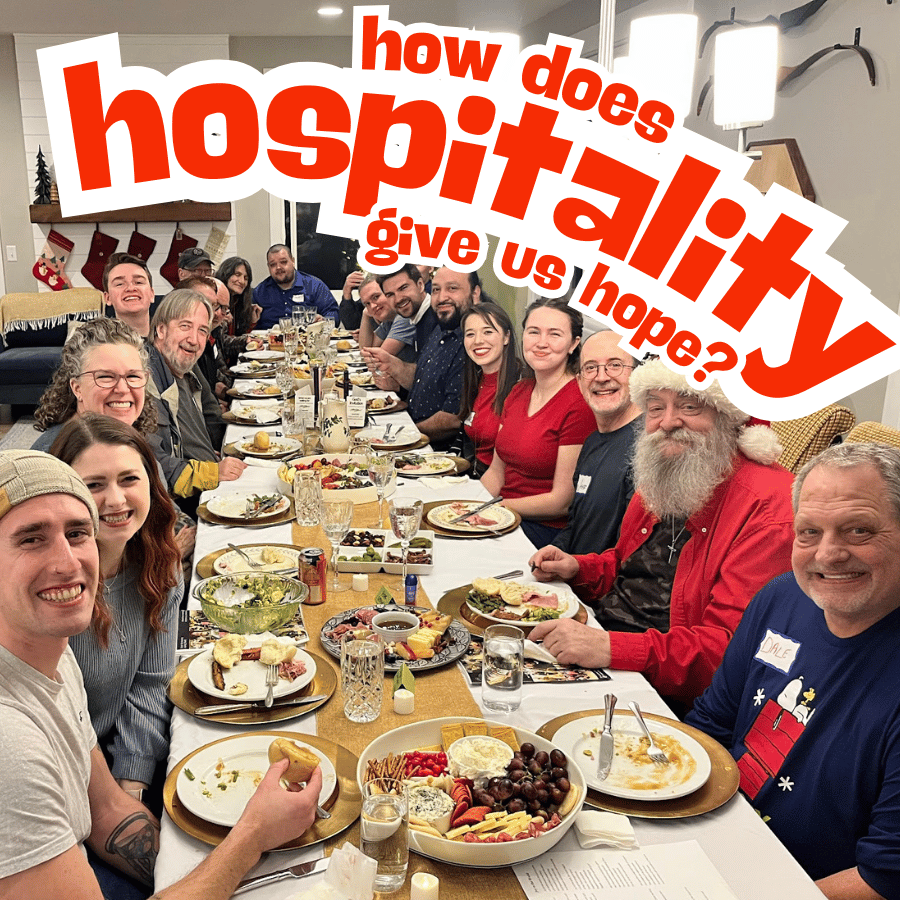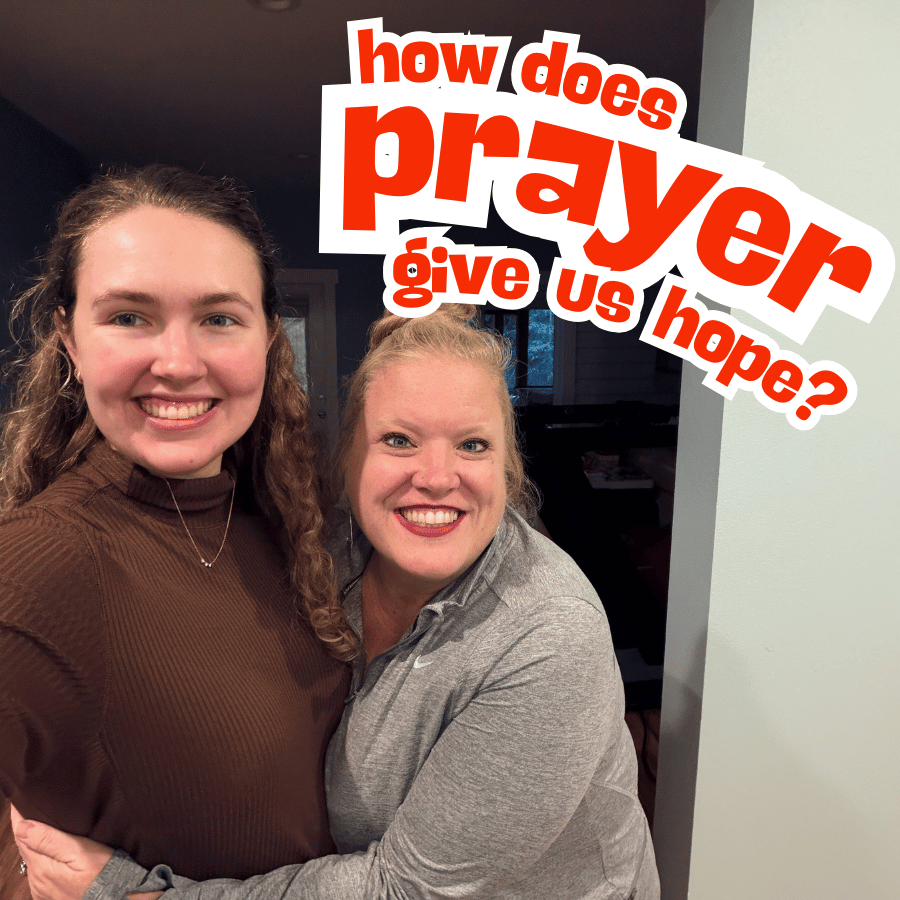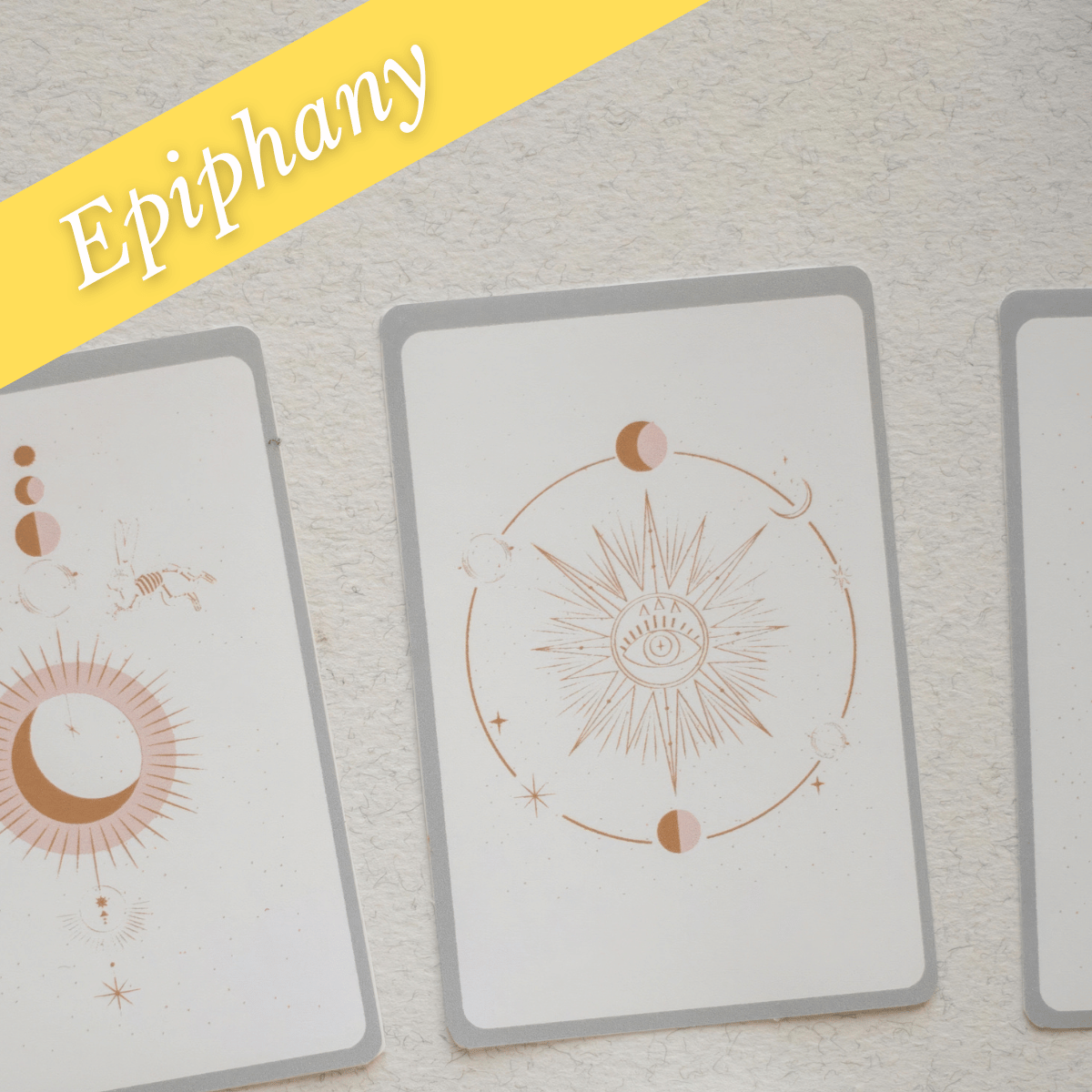Remembering Not to Forget
Written by Emma McCoy
3 minute read
If you’ve never heard of the FASTER scale before, I’m about to introduce you to a very wonderful tool. Here’s how the acronym goes: Forgetting priorities, Anxious, Speeding up, Ticked off, Exhausted, Relapse. It’s a tool originally designed to help people in recovery from substance abuse, but it can also be applied to all kinds of situations: self-harm, eating disorders, anger management, and more generally, how someone is doing in their walk of life.
To be clear: the FASTER scale is for everyone and can be used as a gauge for how someone is doing.
The FASTER scale is part of the Genesis Process and this is the version Spring Church has created based off of the Genesis Process original FASTER scale tool.
I might get into all the letters in a later blog, but for today’s blog I’m going to be focusing on the first stop on the scale: forgetting priorities. This can look like lots of things. Missing appointments, skipping meals, forgetting spiritual practices, isolating, avoiding family gatherings, or pulling back from friends.
Forgetting my priorities tends to be a signal that I’m not doing so well.
When I start canceling plans, skipping lunch, and forgetting to read my Bible, it doesn’t mean my life is suddenly going to pieces. But it is a canary in a coal mine, letting me know that if I don’t start paying attention, things are going to get worse. Just this last weekend, I had a friend’s birthday party I was supposed to attend. When the time came around, I didn’t get out of bed, texted her that I was sick (I wasn’t), and fell back asleep. This friend’s party was a priority of mine—especially because I care about her deeply—and I shouldn’t have stayed home.
On the list of things that humans should prioritize for us to thrive is celebration.
Like a birthday party, for example. It might be a bit of a whiplash, coming off a long Lenten season where I’ve used a lot of blog space to talk about grief and being sad. So while Lament is important, and remains crucial, another priority we need to tend to is celebration. Last week, I forgot the priority of celebrating my friend’s birthday with her. During the times when it’s hard for me to come up with the energy to celebrate—especially when I don’t feel like celebrating—I turn to the story of the Prodigal Son.
Laying the foundation for this parable is the fact that many times throughout the Bible, celebration is talked about as something we DO, not something we FEEL.
When we look at the story of the Prodigal Son, I see a lot of doing. As soon as the son shows up, here’s what the Father does: he runs out, he hugs him, and he throws a huge party. This celebration is the Father doing something. I’m sure he feels overwhelming joy as well, but the actions show that 1) he’s so excited to celebrate he immediately throws a party and 2) he’s remembering his priorities, one of which is his family.
“Found” by Carol Aust, 7’ x 12’ acrylic on canvas from the Prodigal Installation 2019
I think there’s a lot to be said about the Son, and a lot to be said about the Father. But as we’re looking at celebrations and remembering what our priorities are, I think the Older Brother character adds an important dimension to the story. When he finds out that his younger brother has returned home and his dad threw this big, expensive party, he complains about fairness. That shouldn't be the first thing out of his mouth when he learns his lost brother is home. The priorities are out of order. It’s about the celebration first, and any lingering resentments come later. I picture the Older Brother standing outside the party, trying to decide if he’s going to go in or not. And I deeply, deeply want him to go in, find his younger brother, and celebrate with him.
In order to get into the party and participate, the Older Brother has to remember what matters in that moment and what doesn’t. Now, the story doesn’t actually tell us what he does or doesn’t do. But I imagine that for him to join his younger brother and father, he’ll have to put aside his pride, resentment, and sense of fairness, none of which are more important than the relationship he has with his family. He risks being treated unfairly. He risks not being welcomed by his younger brother. He gives up this sense of justice that I *imagine* brought him a lot of comfort and security.
The reality that I will continue to forget my priorities throughout my life can be disheartening. But it also gives me the opportunity to choose my priorities, over and over.
My family, friends, health, and relationship with God, to name a few. In the same way that I can choose to practice lamenting even when I don’t feel like it, I can choose to celebrate even when it can be difficult. Whether it’s my pride, apathy, or something else standing in the way, it’s still my choice. Take a look at the FASTER scale below.
Do any of these behaviors stand out to you? Seem familiar?
This week, I’m going to track my friend down and apologize for missing her birthday party, because my friendship with her is a priority, and admitting when I’ve done wrong is a part of that relationship. This week, I’m going to eat lunch with my friends, try to wake up on time, and start my day off reading Scripture. Choosing to do something—celebrating, remembering, apologizing—can mean putting aside fear or risking a lot, but the story of the Prodigal Son shows us that it’s a lot better inside the party than standing outside the door.











3-minute read